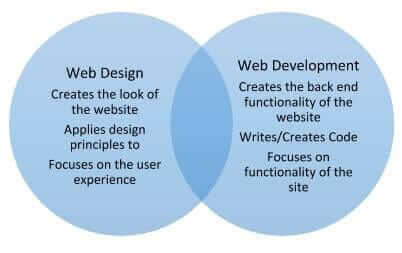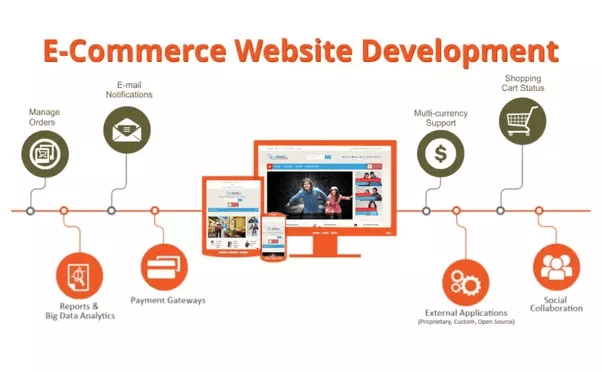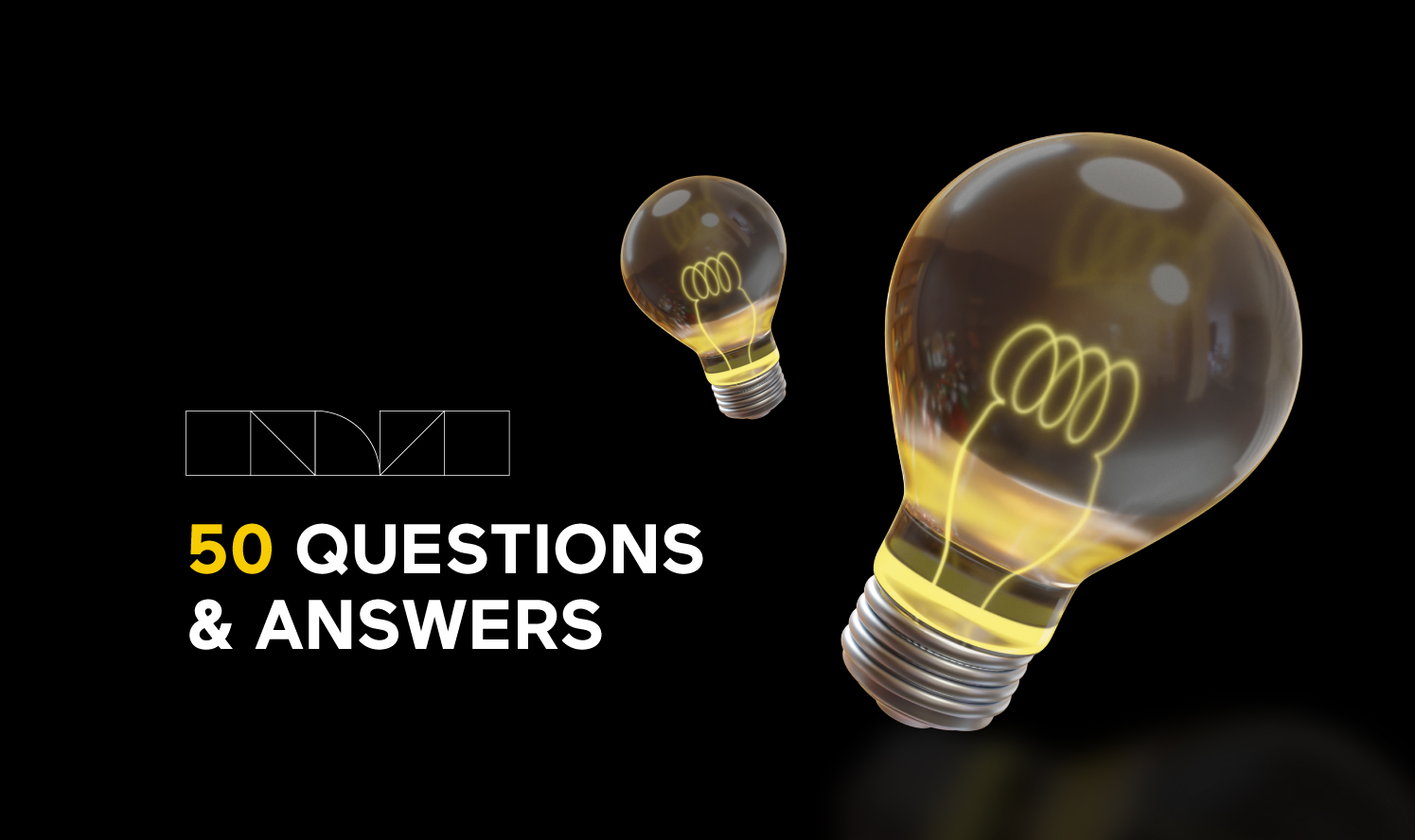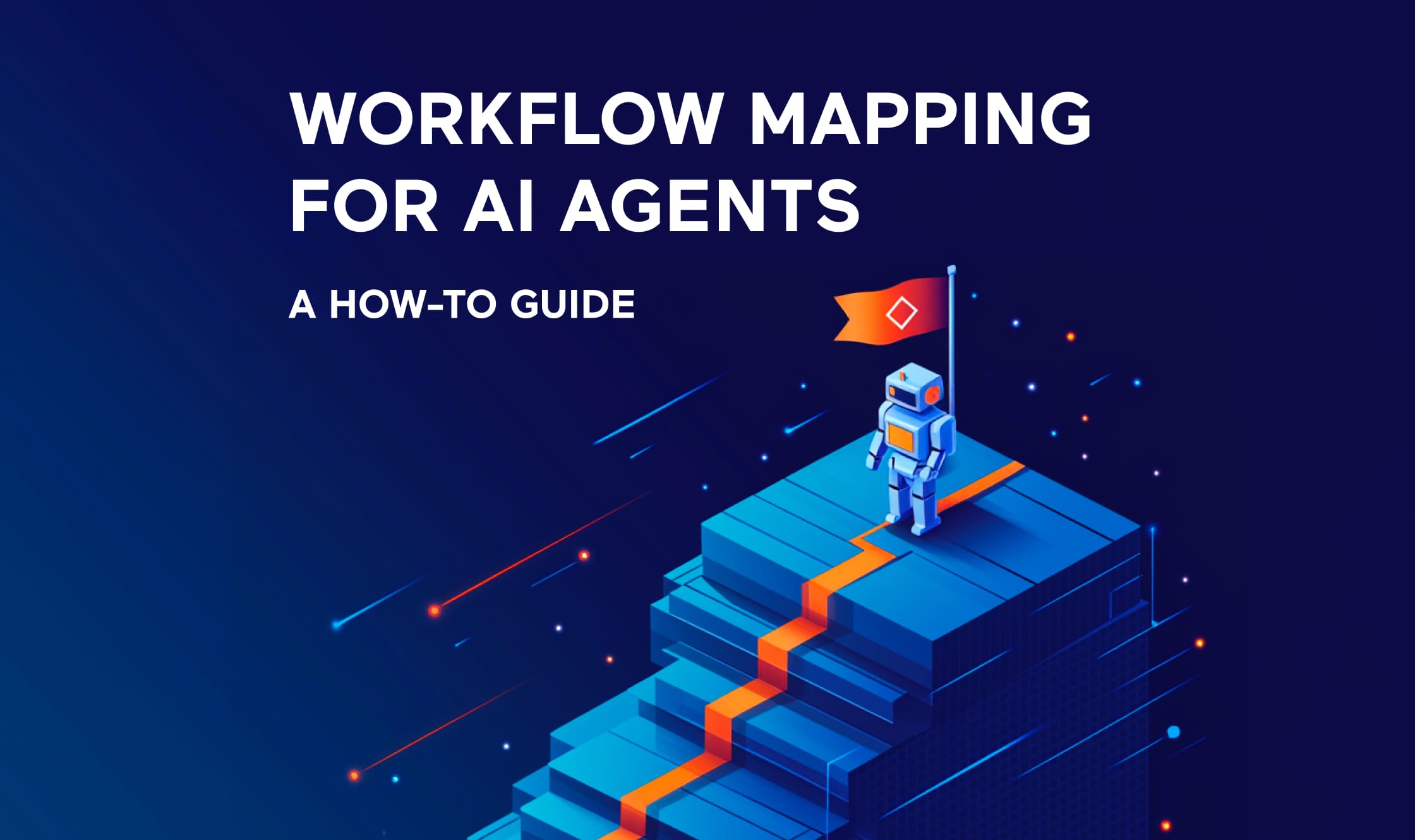Investing in a website is crucial for establishing a strong online presence. Understanding the factors that influence website development cost can help you make informed decisions and avoid common pitfalls.
Curious How Much to Create a Website?
Many small businesses struggle to establish a lucrative online presence. According to recent studies, over one-third of small businesses lack a basic website, and nearly a quarter of existing small business websites aren’t mobile-friendly.
In today’s digital age, adapting your online presence is critical. Businesses are increasingly turning to websites, ordering systems, and other digital avenues to engage customers.
If you’re considering setting up a website for your small business, understanding the associated costs is essential.

What Are the Benefits of Websites for Small Businesses?
A well-designed website offers numerous benefits:
- Establishes consumer trust and increases credibility
- Provides accurate and up-to-date information
- Enhances relatability to online customers and generates new leads
- Highlights your company’s relevance in the digital age
- Serves as a foundation for an online ecosystem, including social media and blog content
- Opens doors to networking opportunities with other companies.
- Moreover, the ROBO (Research Online, Buy Offline) trend is gaining ground, with over 80% of smartphone users searching online before making in-store purchases.
Average Cost for Building a Website
The cost of building a website varies based on complexity and specific requirements. For instance:
- Basic Websites: Simple portfolio or brochure websites can be created using DIY platforms like WordPress, Wix, or Squarespace, often at a lower cost.
- Custom Websites: For more complex needs, such as e-commerce platforms or interactive features, investing in custom website solutions is advisable.
Factors influencing website development cost include design complexity, functionality, content requirements, and integration needs.
These factors widen the range of the average website price from potentially a few thousand dollars for minimal barebones sites to $5,000 or even $30,000 for custom, feature-rich and responsive web applications.
Industry experts recommend that small businesses conduct a business analysis (looking at price, ROI, business goals etc.) before they dive into building a website. Not only can a little research upfront help inform your decision about how much you “need” to build and budget for your website, but it will also paint a clearer picture of how the investment can help your business accomplish its goals in the long-term. A business analysis will define the exact scope of the project, including the features and functionality your website will have, as well as take into consideration how the website can be utilized as a marketing tool and lead-generator.
How Much Does a Mobile Website Add to Costs?
The average cost of building a website will additionally be influenced by the demand for mobile-friendly functionality.
The Pew Research Center found that 83% of Americans use the internet at least occasionally from their smartphone, tablet, or other mobile devices. Building a website that is not mobile-friendly is, well, practically pointless and to make matters worse, it can negatively impact search engine ranking and limit the amount of traffic your website receives.
Online users expect websites to look and behave seamlessly across devices no matter their screen size, operating system, or browser. Incorporating mobile-responsive design and development into your website budget will be one of the most important things you do for your small business.
Depending on the costs of your “desktop design”, you can add around 50% more to your budget for additional mobile and tablet designs. This means that if you design your homepage and it costs $1,000 for just the design of the header, footer and content in between, you can look to increase the price another 50% (or $500) for the mobile and tablet designs. So you have about $1,500 in costs for just the homepage designs for desktop, tablet, and mobile.
On top of that, you can add another 35–50% for the additional frontend software work (HTML, CSS and Javascript work) that will go into developing the mobile-friendly version of your site. You will also want to budget for an additional 15% — 25% of costs for the quality assurance testing services to make sure the site works on all screen sizes, operating systems, and browsers.
Who’s Doing the Building?
The choice between DIY platforms and professional developers significantly impacts cost and quality.
- DIY Platforms: While cost-effective, they may lack customization and scalability.
- Professional Developers: Engaging affordable web development services ensures a tailored approach, aligning with your business goals and providing long-term value.
So How Much Does a Website Cost?

Website development costs can range widely:
- Basic Websites: $5,000 to $10,000
- Moderate Complexity: $10,000 to $30,000
- High Complexity (e.g., E-commerce): $30,000 and above
For detailed insights into e-commerce website development costs, consider factors like platform choice, custom features, and third-party integrations.
As you can see from above, there’s a wide range of possible outcomes. Ultimately, website costs are based on four key ingredients:
- Time Requirements
- Design Skills
- Technical Skills
- Money
For our purposes, let’s focus on the costs involved in hiring a design agency to helm your project.
The Design Side ($30-$150/hour)
Great user experiences define and create great products. Award winning design helps to sell a message, product or person. Web design is an art, same as creating a beautiful painting or perhaps more accurately; designing a sculpture. A lot of time and attention is devoted to creating a website that is aesthetically pleasing while proudly representing your brand. In addition the site has to be easy to use and funnel a visitor down the path you want to lead them or make the information they are looking for as easy as possible to find.
When it comes to an hourly, sprint or project rate, website designers often differ in how they charge. In some cases, you can expect a flat rate for design (which may be factored into the total cost of the site if they are also doing development) or an average hourly rate somewhere between $30-$150 per hour depending on the location, project type and the skills of the designer. Designers can also charge on a per page basis with the homepage being the most costly part (sometimes interior pages with lots of infographics or features can lead to more design work). Typically a web page can take around 8–20 hours to design and this includes one round of revisions.
Tip: If you are contracting with a designer for the first time, sometimes it is best to ask them to mock up just the homepage or one of the internal pages and pay them for that work alone. If you like the work, agree to move on to the other pages but if you don’t you can pay them for their time and move on to the next designer without committing to a designer or direction you are not in love with.
The Development Side ($60/hour and up)
Remember, that while they are related, web “design” and web “development” is not the same thing. Your website may be beautiful, but if it doesn’t function properly it’s useless. Like a beautiful car with a crappy engine underneath the hood.
“Coding” is a word that scares people, but truthfully, the entire internet is built on codes and algorithms.
Website developers typically charge between $10-$300 an hour on average depending on their skill level, experience, location and the particular job. The lower end of the range is what you would typically see in India or some Asian countries as they compete on price. In larger urban centers, such as San Francisco you can expect that number to lean more towards the middle to higher end as they compete on proximity to clients and higher skill sets. In some cases, where the developer is someone who is highly specialized in one type of technology you can expect to pay at the top end of that range.

Time Investment
The time required to build a website will of course vary. If you’re in need of a fully responsive, e-commerce platform with your own integrated Customer Relationship Management system, interactive video, and a private online community; then that takes more time than creating a blog about cats.
Time is one of the key factors that drive website costs. On average, you can expect 10 to 14 weeks from concept to design to development to QA software testing to launch, provided there are no delays along the way. However, that doesn’t mean if you call a developer or designer tomorrow that your website will take 12 weeks but it is a general rule of thumb.
Tip: If something takes more than 3 months to build you are potentially building features that your visitors will not use. Start small and then add as your users tell you what they want and need. It is always easier to add later (tell your engineer up front what you are thinking about building in the future so they can plan) than to pay and build a bunch of stuff in Version 1 that no one ever uses.
Your website design and development company will want to meet with you and create an actionable plan for your project prior to work starting. You can also expect to be briefed occasionally on progress, or approve certain design elements. All of this takes time to implement and is one of the reasons why time is a key factor in determining the overall cost of your website.
Website is at the core of your online identity, and acts as the virtual storefront for your brand.
The Money Question
If one thing is clear, it’s that when hiring a professional design agency, your costs will vary greatly based on the specific needs of your project. However, given what we’ve gone over to this point, let’s break it down some more.
We earlier discussed it taking 10–14 weeks from concept to launch as a general rule of thumb. Note that the actual length of time will vary greatly based on the size and scope of the project. In a perfect world scenario, that 10–14 week would break down like this for a “simple” 6–8 page website:
- 2 weeks of research: 40 hours x 2 = 80 hours
- 2 weeks of research revisions: 40 hours x 2 = 80 hours
- 2 weeks of design: 40 hours x 2 = 80 hours
- 2 weeks of design revisions: 40 hours x 2 = 80 hours
- 2 weeks of development: 40 hours x 2 = 80 hours
- 2 weeks of development revisions and QA: 40 hours x 2 = 80 hours
Average of 12 weeks, total: 480 hours.
At the lower end of the spectrum, design and development may cost around $50/hour which would give you an estimated cost of $28,000. Towards the higher end, you’re looking at total costs of double that (or more).
It is also important to note that if you are building an e-commerce site, you should expect that number to be higher. Customized e-commerce sites require a great deal of additional work. From payment processing to back end inventory management, transaction tracking, security, shopping cart development, and more; e-commerce websites may add an additional $10,000 — $20,000 to your costs, if not more and there are a number of options from off the shelf solutions vs. custom solutions that we will revisit in a later blog post.

Development Doesn’t Stop at Launch
When you form a relationship with a development agency; they become your partner so choose wisely. It’s important to keep in mind that the development doesn’t stop when you launch. As your business grows, your needs will change.
Your website will require ongoing software maintenance and updates, especially where e-commerce is concerned. Thus, it’s important to select an agency that understands your business and is prepared to form a long-term relationship with you. Make sure you have budgeted money for this. Support and maintenance can be anywhere from a few hundred dollars a month to a few thousand depending on your level of support. A lot of it can be defined in a SLA or service level agreement that you sign with your development company so you have support.
Typical Pitfalls and Best Practices When Creating a Website
Do small businesses launch websites every day without the knowledge and wherewithal to truly make them work for their business? Sure. Do you need to fall into that same trap? Not at all. Keep these common pitfalls and best practices in mind when building your new small business website:
Pitfalls:
- Under- valuing experience. When it comes to crafting a niche website for your business, tapping into tech talent with hands-on experience in your industry could pay off much more than scrapping together a drag-and-drop website yourself.
- Not doing a business analysis. Don’t miss the opportunity to assemble a cost and ROI analysis to fully understand website benefits and return. The best engineers will accurately estimate a project by seeing all the details around it. The ones who estimate without knowing all the details are not the ones you want to work with even if they have the lowest prices (ie. trying to win your business) or say that everything is possible.
- Underestimating key website components. The importance of website pillars like mobile responsiveness, SEO, content, site-mapping, and robust feature sets can’t be overstated enough. Instead of asking a web development agency, “How much to create a website for me?”, ask “How much to create a great website for me?”.
- Over-complicating the code. Building something that is difficult to maintain for a non-technical business owner may require additional monthly fees that you have to pay to an agency or freelancer that does it for you. Make sure the web development engineer is also documenting their code so future engineers know what it is all doing.
- Missing the bigger picture. Not discussing an overall strategy for your company’s entire online presence as it pertains to your website can be an equally missed opportunity. Same goes for having an engineer build your software or website in a certain way that will make it harder for you to add new features or add more users in the future. Discuss big picture items like setting up a website email capture for e-marketing, integrating social media platforms, curating a blog, adding more complex features etc.
Best practices:
- Do your own research. As a small business owner, you don’t have to become an online expert, but a little knowledge goes a long way especially when it comes to understanding SEO, building up site content before you start your designs, site structures, and how different software engineers or agencies plan to build your responsive website.
- Find the balance between value and experience. Don’t just go with cheap churn-and-burn agencies who offer big promises and little return. Balance your resources with short and long-term goals to find a website solution you feel good about. And make sure your developers know at least 95% of what you want to build before they do any actual coding and design work.
- Think mobile-first. Before you ever request price bids and mock-ups for what your website will look like on a laptop or desktop computer, ask what it will look like on a smartphone and a tablet.
- Remember, content is key. Rich content not only helps with SEO but conveys your company’s brand promise and personality and can help drive growth. Combine great copywriting with keyword research so you get the benefits of search engine optimization from an agency.
- Focus on usability and site performance. A beautiful, sleek website is worthless if it takes forever to load, is hard to navigate, and makes it difficult for a user to consume content efficiently. Search engines simply won’t send you traffic if they know you have a suboptimal performing site where users click back immediately or struggle to engage with your content.
Bottom Line
Understanding the variables affecting website development cost empowers you to make informed decisions. Whether opting for a basic site or a complex custom solution, aligning your website with business objectives is paramount.
For non-technical founders, exploring the steps to outsourcing software development can provide clarity and direction.
Ready to Build Your Website?
Partner with Spiral Scout for affordable web development services tailored to your needs.



